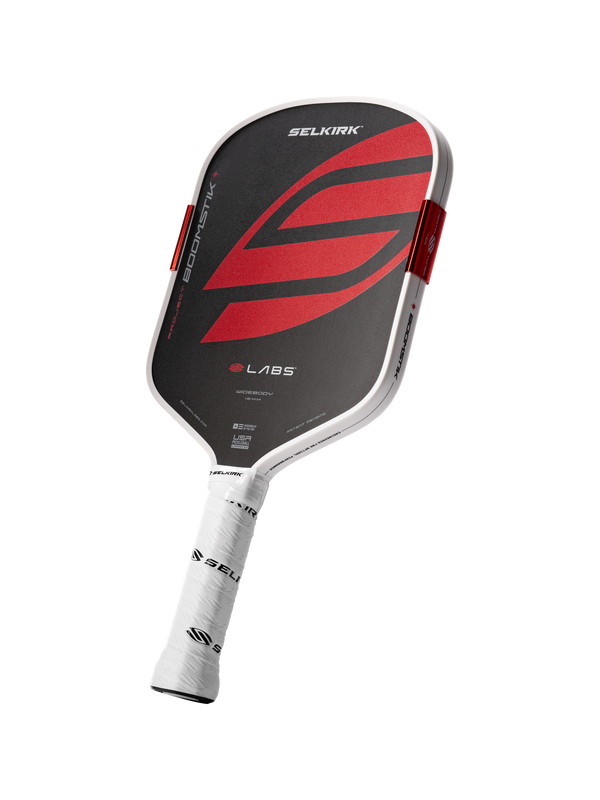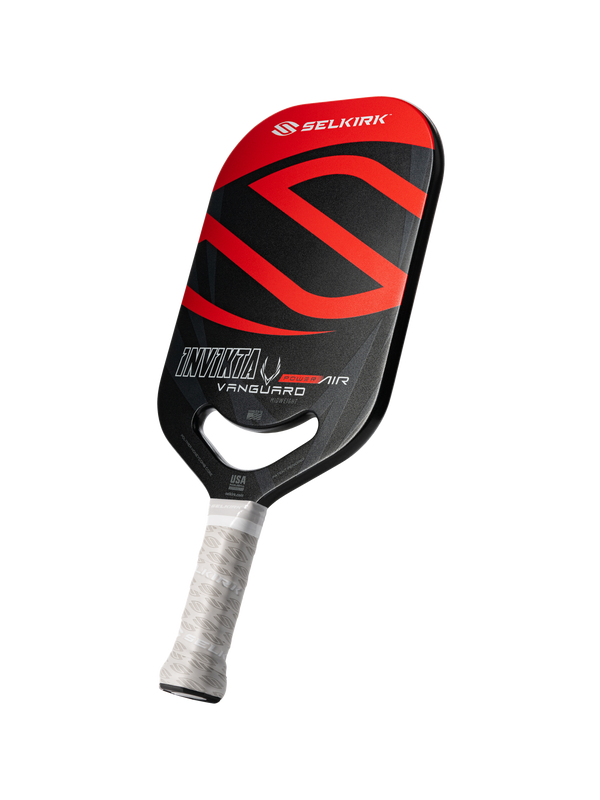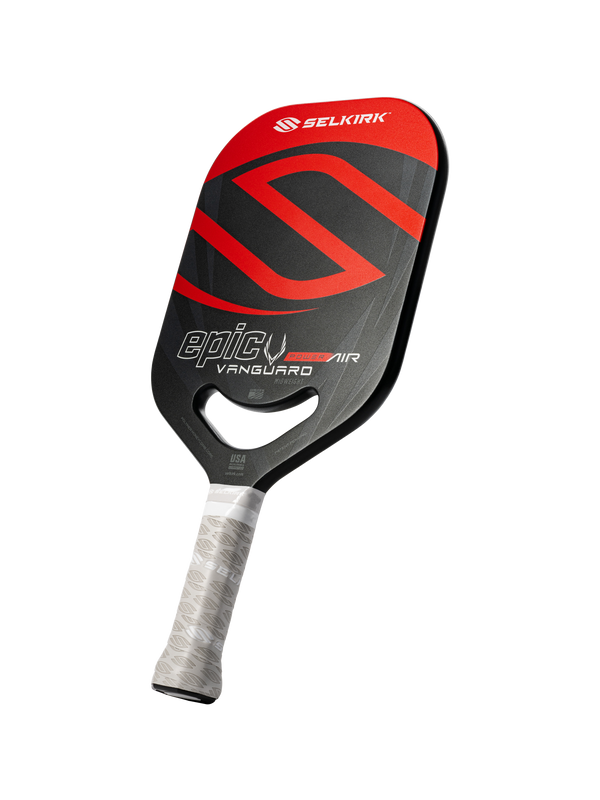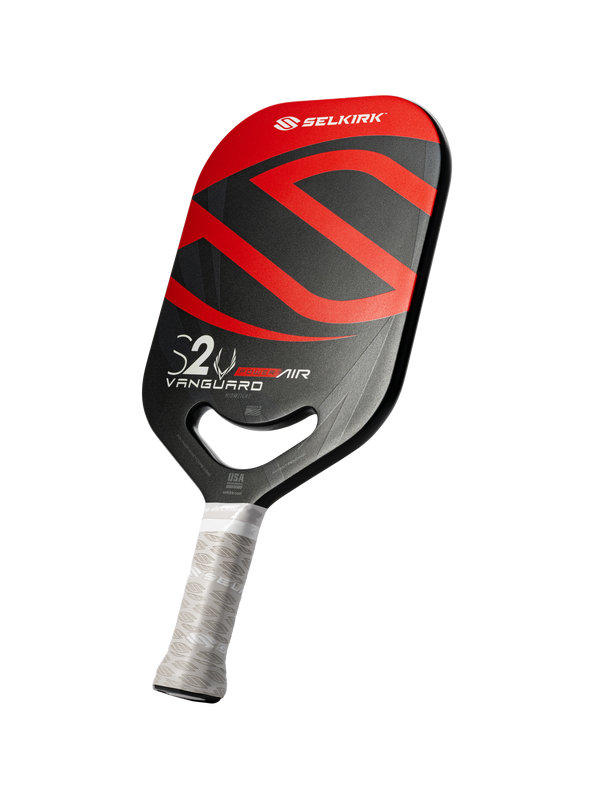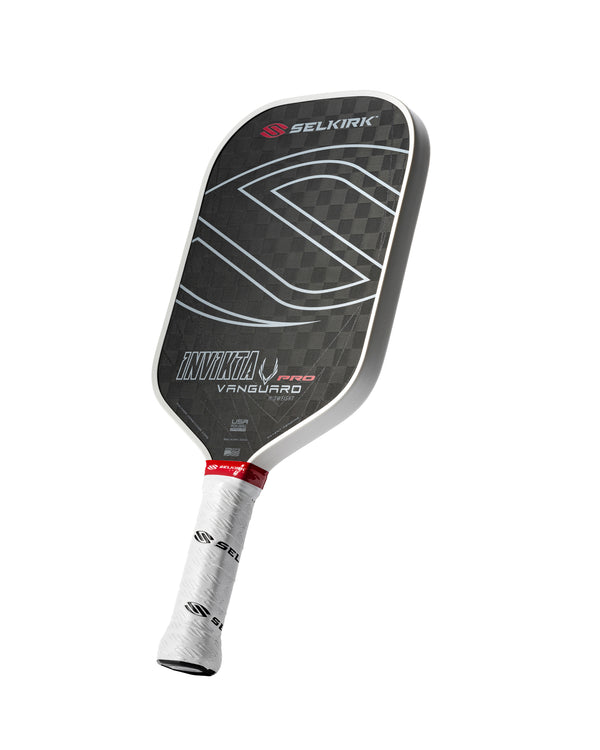
I started teaching tennis in the year 2002 at a well-to-do club in Perth's ritzy neighborhood of Peppermint Grove.
I knew what to expect from my days in group lessons. I was given a small group of children around 4-6 years old and was instructed, "Just don't let them hit each other with the rackets."
There's a dirty little secret that most tennis directors will never tell you: they know that they should be teaching the youngest and the least gifted players — the ones that need the highest level of coaching. However, time and time again, those kids are pawned off on a teenager that can barely get six forehands over the net.
I think about this sometimes when I am knee-deep in tactical analysis of professional pickleball players. I remember the words of one of my coaching mentors, a young Spaniard from Murcia named Juan Ross.
He told me once, "Treat every student like a professional player. A professional won't change a single step unless it'll make them money." That's a lot of pressure, to be so sure of every piece of advice.
Be careful of giving advice
One of the things I love about this game is how quickly people can pick it up and start enjoying it. Every day I meet new players, wide-eyed optimists that have their whole pickleball lives ahead of them.
Three months later, they have gone from 3.0 to 3.5 and suddenly they feel an uncontrollable urge to bestow their new-found wisdom to anyone lucky enough to share a court with them.
Once in a while, one of these players will ask me a question regarding coaching, "How do I know if I should give them advice?" I typically respond with a snarky, "When the check clears."
But in all seriousness, I would advise any player to be very careful of giving new players advice. If you are not yet an expert, you could be doing more harm than good.
Think of new players as children, a blank slate that can be easily molded into almost anything. Pause for a moment. Is your advice going to send them down the right path?
The three-stage filter
The fabled Greek philosopher Socrates famously didn't say much. He often imposed a three-stage filter to his speech and speech directed to him.
The filter was simple, before speaking or listening he would ask three simple questions. Firstly, is the message true? Secondly, is it good or kind? And lastly, is it useful?
If the thought passed at least one of the tests, he would engage in speech or listen to someone wanting to talk to him. Imagine what life would be like if we all did that.
A deathly silence would befall the land, and likely make the internet a much less trollsome place. But it also might make pickleball sessions a little more enjoyable.
Questions to ask yourself before giving advice
With Socrates in mind, here are a few filter questions you can ask yourself before you cast your words of advice.
- Have they asked for your advice? If not, that may be your first clue to just encourage but not advise. Film director and fellow Aussie Baz Luhrmann once said that, "Advice is a form of nostalgia. Dispensing it is a way of fishing the past from the disposal, wiping it off, painting over the ugly parts, and recycling it for more than it's worth."
- How well do you know this person? The right advice given by the wrong person can easily fall on deaf ears. If you have just made seven unforced errors, then don't be surprised if they are not too interested in what you have to say.
- Is it the right time to give advice? There is a time and a place for everything. Technical and stroke production advice should certainly be left for the practice court and ideally handed over to a qualified coach. Tactical advice can be helpful mid-game. However, exercise caution and keep it to the basics like "keep it to player A," or "let's try to dink the third ball." Paralysis through analysis is very real, so be careful not to overload someone with information.
- Do you know how best they learn? Some players are visual learners, while others can be more auditory. You would be surprised how many people do indeed know how best they learn. So, ask them. Remember that communication is a two-way street. The message you are saying, and the message a person receives can often be very different. Adapt your teaching style to their learning tendencies for a better chance of impacting their game.
- Have you earned their trust? The first thing you need to do to help implement any change in a player is this — get them on board with the change. If they don't believe in the change, no amount of rhetoric will drill the concept home.
- Are you trying to help them because of your honest desire to be helpful? Is it to win the game you are currently playing? Are you a control freak? OR, are you simply trying to reinforce your sense of superiority with the ego boost that an advisory role gives you? Be brutally honest with yourself on this, because, if your reason is the later, people will know soon enough.



